
China
17:18, 29-Jun-2017
Is China really that boring?

A report in the China Daily newspaper said that Chinese spend on average three hours per day on their smartphones, ranking second in the world after Brazilians.
Conducted by a German Internet company, the report showed that in just a few short years smartphones have transformed from a handy communications tool into a daily necessity.
China’s wealth of apps allows people to organize almost every aspect of their lives with their smartphone; from banking to ordering food, booking flights to online shopping.
But such convenience can lead to overuse and in some cases health problems.
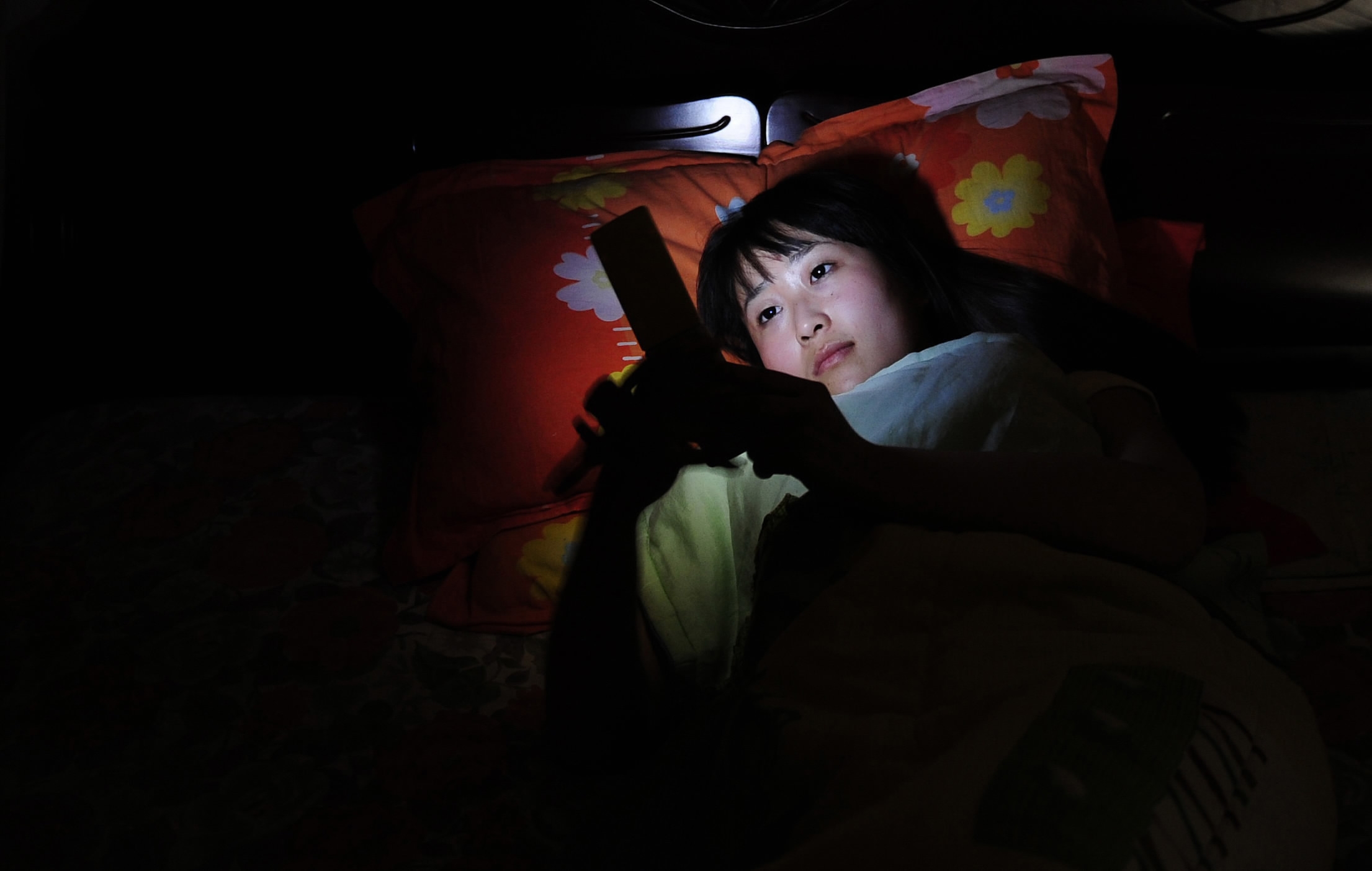
Too much screen time can potentially lead to insomnia. /VCG Photo
Too much screen time can potentially lead to insomnia. /VCG Photo
“People often hunch over for extended periods of time as they use the phone - leading to neck and back strain,” said Doctor Gary Sackrison, a GP from Beijing’s Vista Medical Center, “Also the light associated with smartphone screens is in the blue end of the spectrum and tends to stimulate the brain and interfere with the normal sleep/wake cycle potentially causing insomnia.”
But health issues aside, perhaps the most surprising argument in the article is that a “lack of leisure activities is the main reason for Chinese people's smartphone addiction.”
But in one of the world’s biggest countries, can there really be so little to do that people feel the need to fill their free time glued to their phone?
If you happen to be at a loose end in China, why not leave your cellphone at home and have a go at one of these very Chinese leisure activities instead.
BUSTING A MOVE
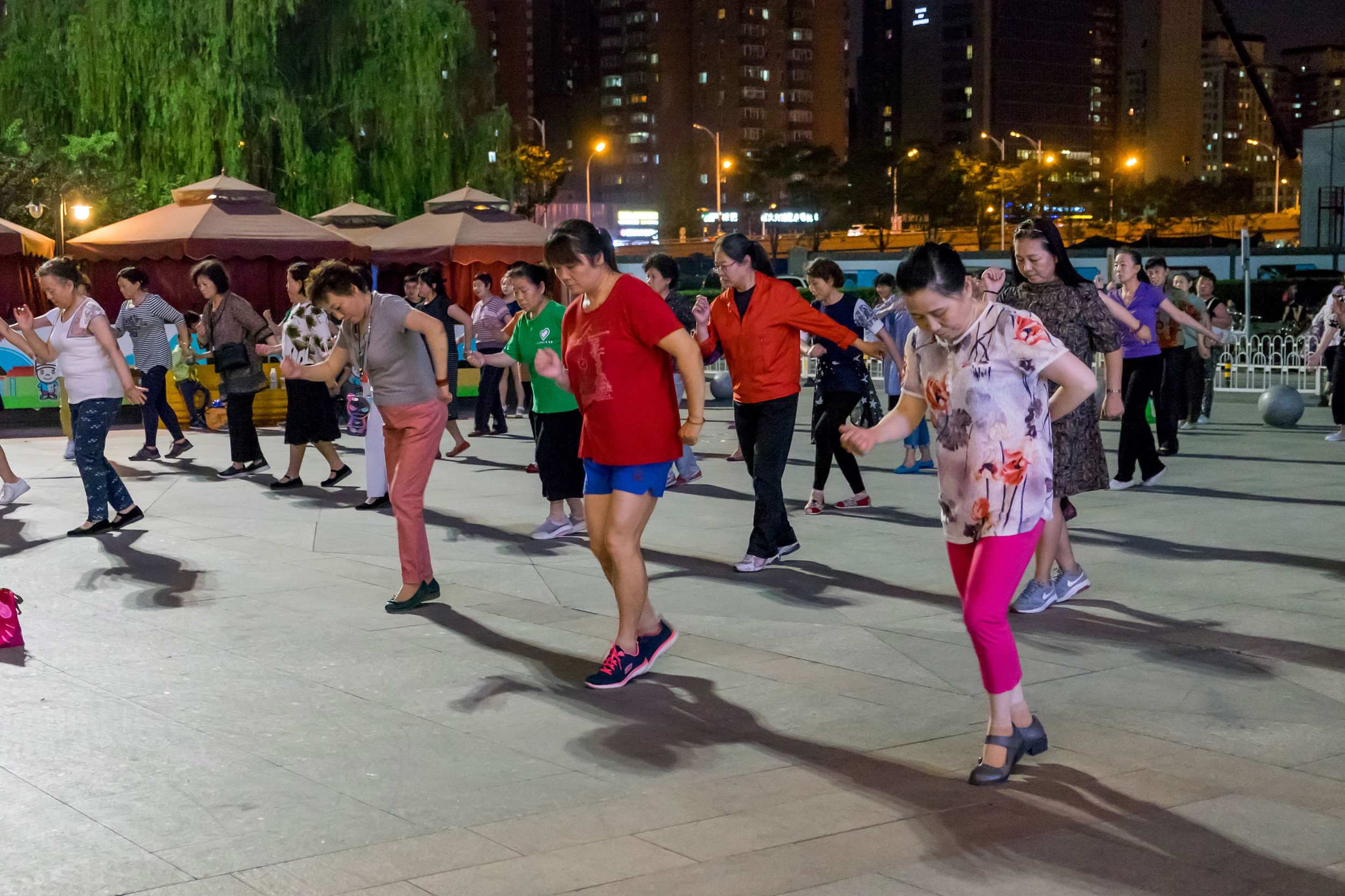
Square dancing does have some young fans. /VCG Photo
Square dancing does have some young fans. /VCG Photo
Wander around any major Chinese city towards the end of the day and you’re likely to see large groups of older ladies dancing on a public plaza. The practice of communal dancing for exercise reportedly has its roots with Emperor Yao who ruled China from 2356 – 2255 BC. The tradition continues to this day with retirees meeting in public places to chat, catch up on the news and keep fit. While the activity is predominantly popular with the older generation, it’s not uncommon to see the occasional young face among all the grey hairs.
A GAME OF SKILL
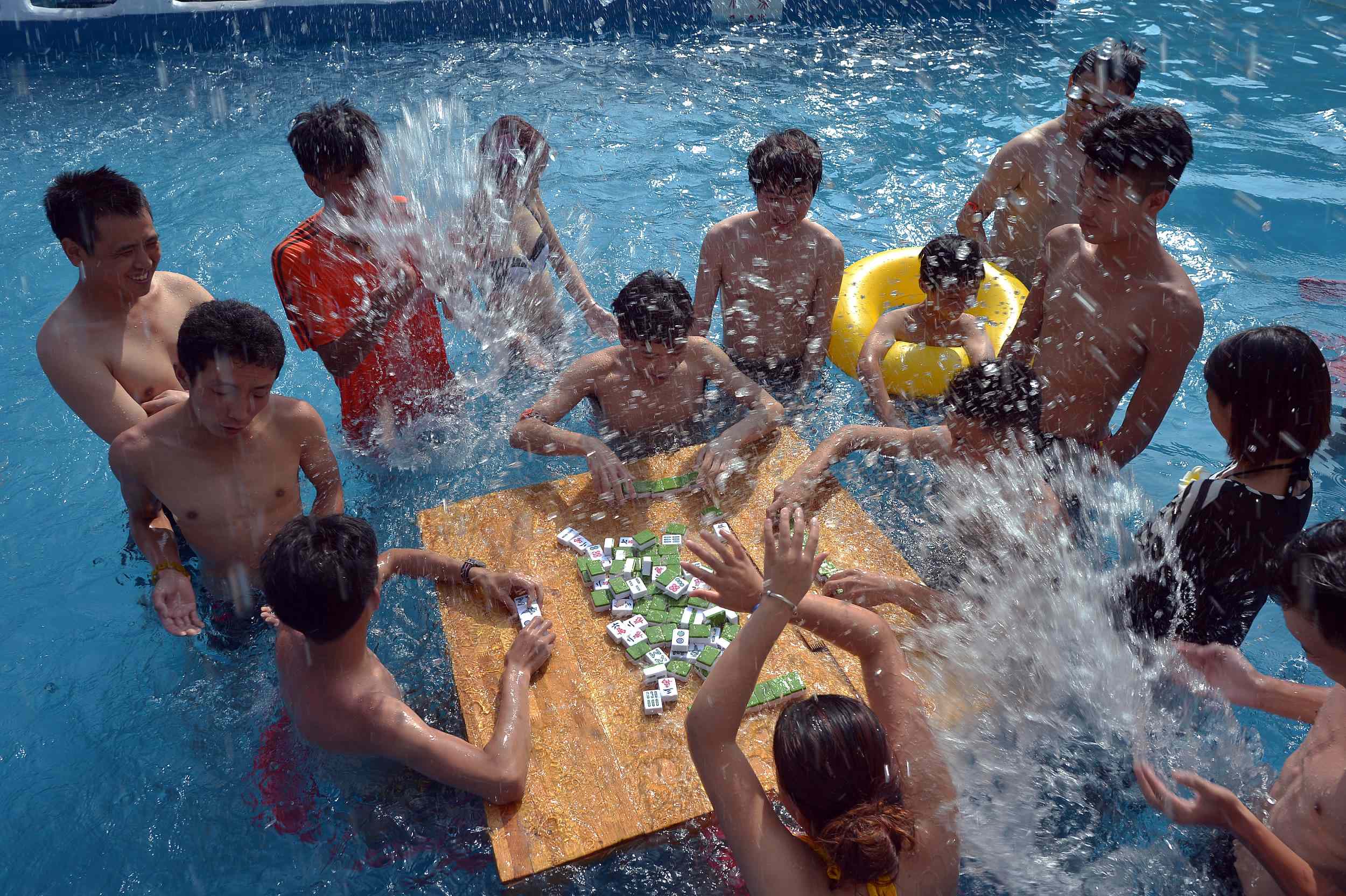
Mahjong is a game of skill that can be enjoyed anywhere! /VCG Photo
Mahjong is a game of skill that can be enjoyed anywhere! /VCG Photo
Another popular leisure activity in China is the game of skill, mahjong. It would take far too long to explain how it’s played, but this tactical game of memory and observation involves 144 tiles featuring Chinese characters and symbols. While it is certainly enjoyed in the home, it’s not uncommon to see groups of Chinese playing it in parks and hutongs, often surrounded by sizeable crowds of onlookers.
WALK THE BIRD!
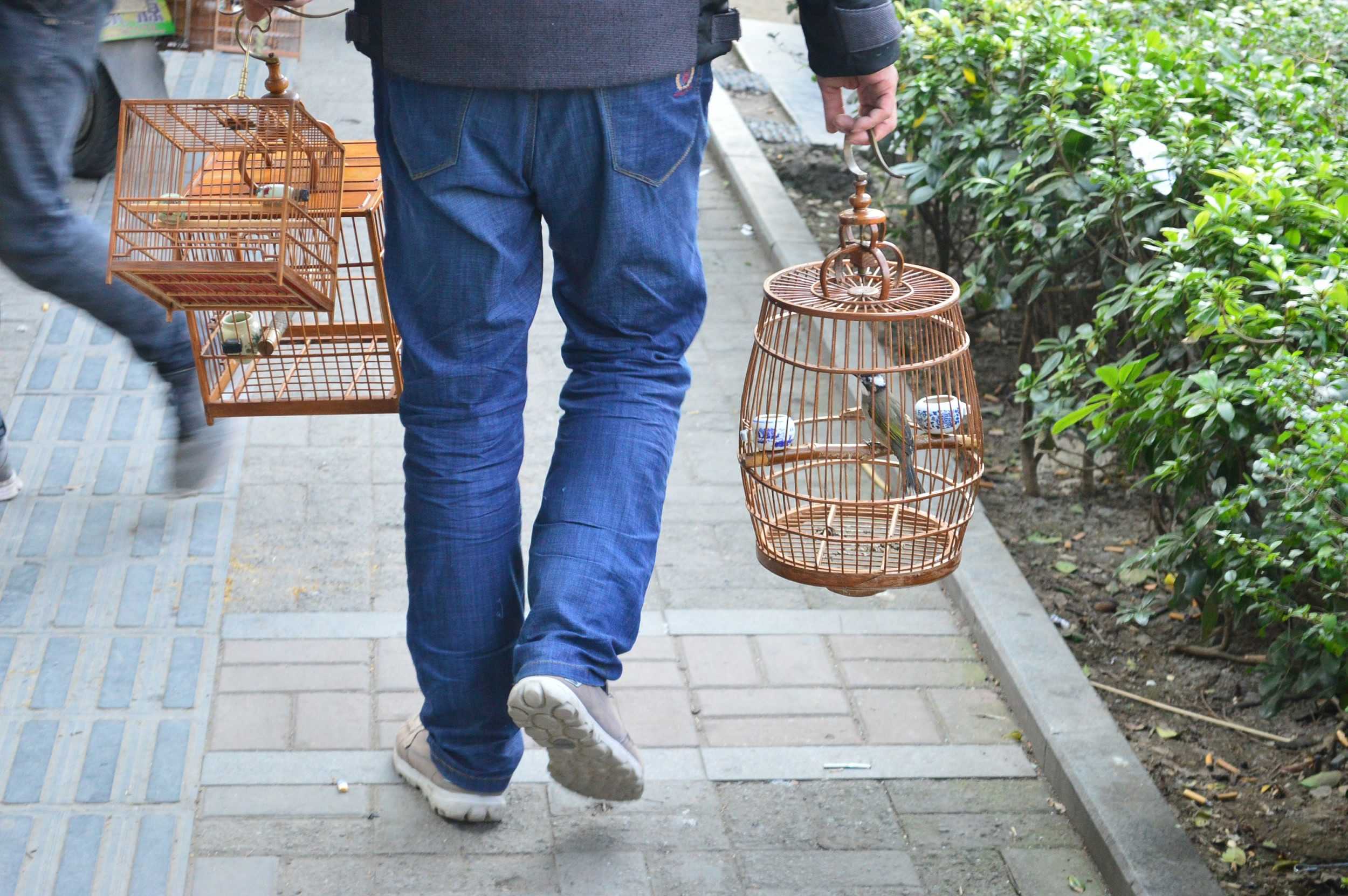
If you have a bird... take it for a walk! /VCG Photo
If you have a bird... take it for a walk! /VCG Photo
It goes without saying you can walk a dog but did you know than many Chinese still maintain the ancient tradition of walking their birds? If you have an image in mind of walking a budgie on a leash, forget it. The practice of bringing house birds outside first thing in the morning for some fresh air reportedly dates back to the imperial Qing Dynasty and is believed to encourage the bird to sing through interaction with others of its kind. This quaint tradition still exists among older Chinese living in hutongs. All you need to try this out for yourself is to live in a hutong. You will also need a bird.
I WANT TO RIDE MY BICYCLE
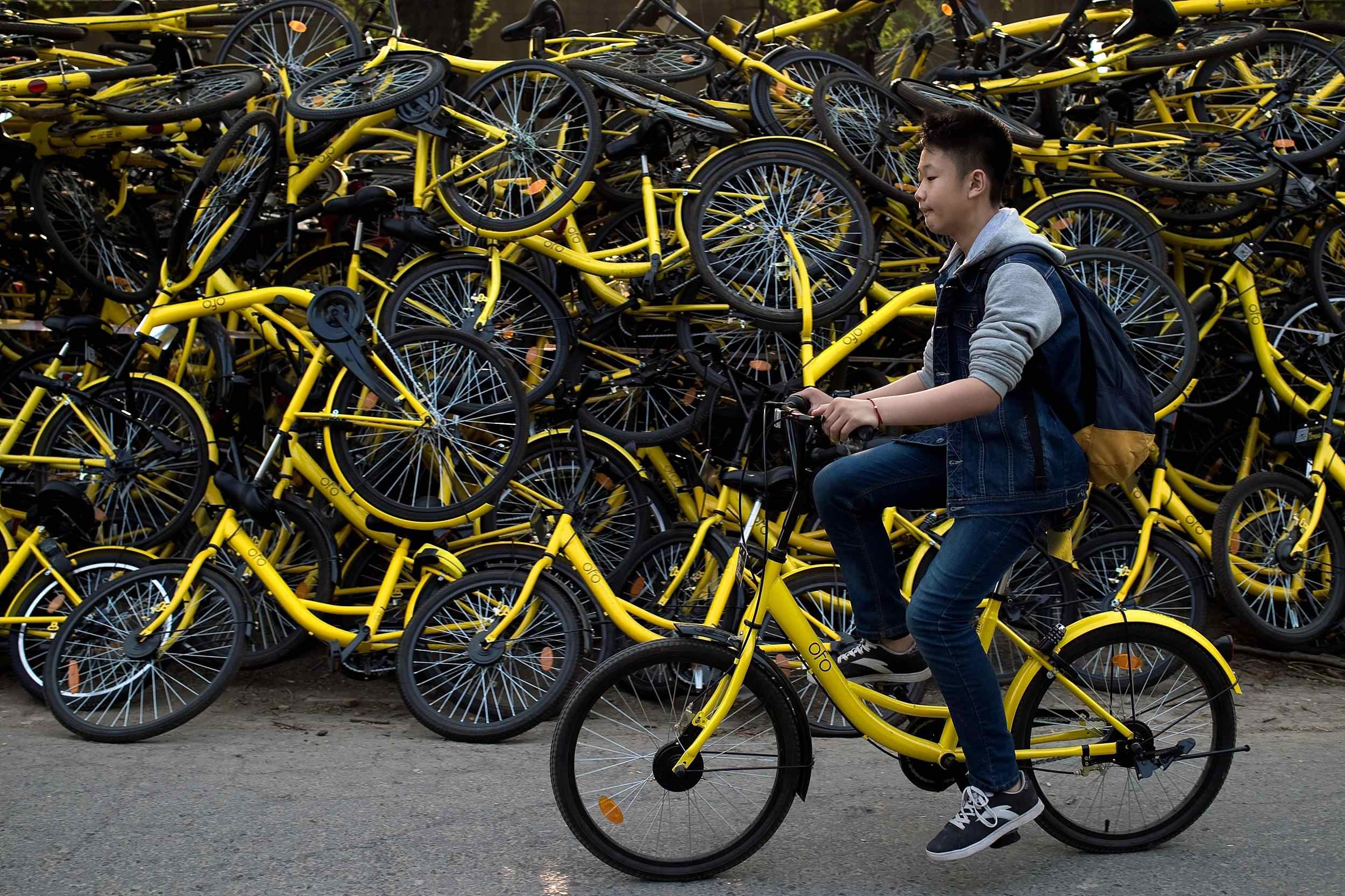
Bike-sharing in China is big business. /VCG Photo
Bike-sharing in China is big business. /VCG Photo
China’s bicycle sharing craze is well documented with new rent-a-bike companies seeming to appear faster than babies. And while many people in the country use them only as a cheap and convenient way to get to work, growing numbers are hopping on to while away the day. Whether it’s cycling around Hangzhou’s West Lake or through Beijing’s labyrinthine hutongs, these brightly-colored rental bikes have enabled China to rediscover its love for cycling and also provide a cheap and cheerful day out.
PULLING SHAPES
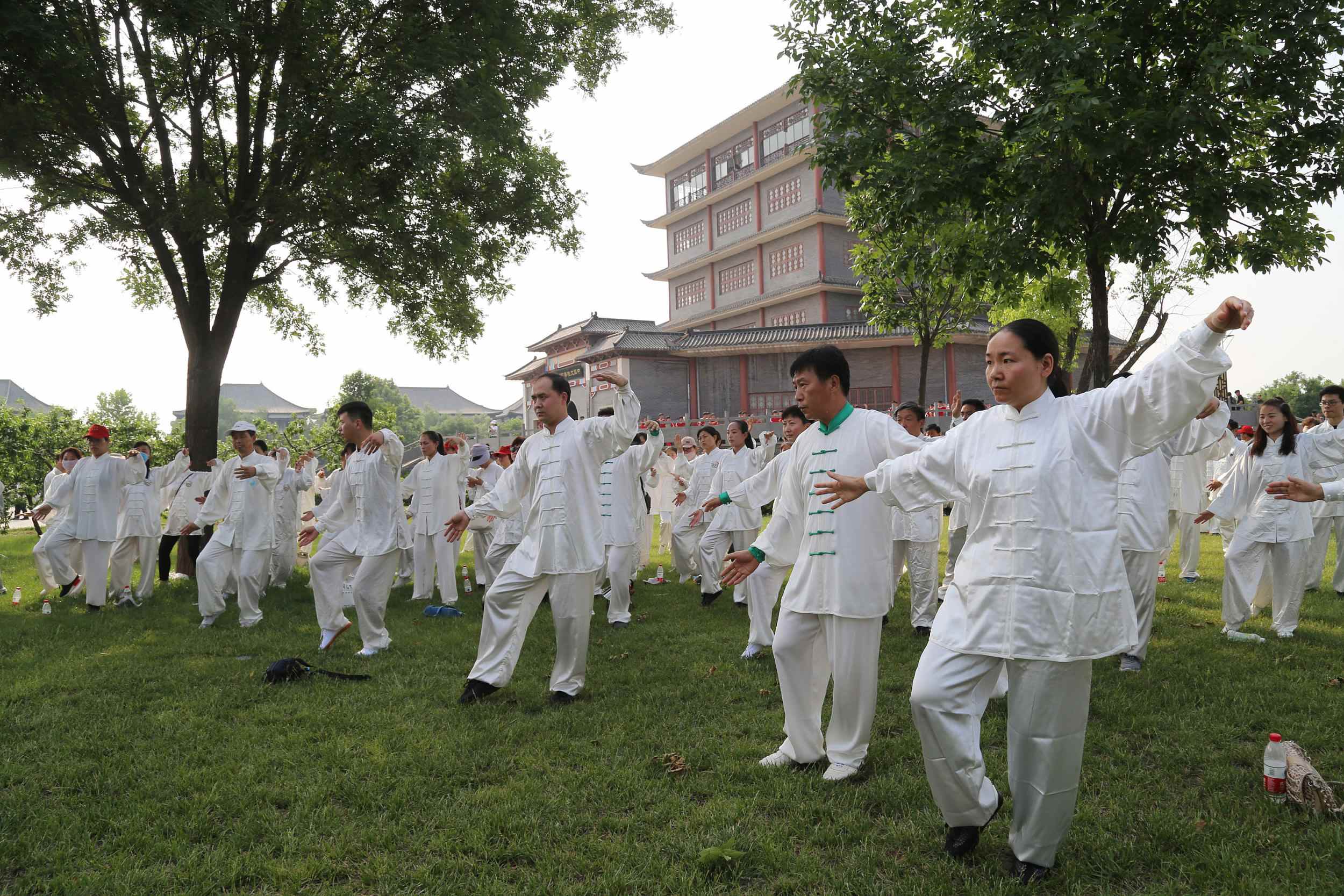
Tai Chi might not immediately seem like a martial art. /VCG Photo
Tai Chi might not immediately seem like a martial art. /VCG Photo
You’d be forgiven for not realizing that due to its serene nature, Tai Chi is actually a defensive martial art. It evolved in China over centuries into a means to alleviate stress and anxiety and has been called “meditation in motion”. While doctors have disputed Tai Chi’s actual health benefits, there’s no doubt it’s a tranquil way to kick off the day that doesn’t involve being hunched over a smartphone.
SIZZLING FOOD, STRONG BOOZE

Food and booze: What's not to like? /VCG Photo
Food and booze: What's not to like? /VCG Photo
There’s nothing the Chinese like more than to get together for a boisterous dinner party and arguably the best communal dish is hot pot. Diners order plates of meat, vegetables and tofu and throw it all into a bubbling broth, the spicier the better. Fishing around for your dinner ensures the meal can go on for quite literally hours. And what better way to wash it all down than with a glass or two of “baijiu” – literally “white alcohol” – a ridiculously potent Chinese liquor distilled from grain.
SING WHEN YOU’RE WINNING

Love it or hate it, karaoke is HUGE in China. /VCG Photo
Love it or hate it, karaoke is HUGE in China. /VCG Photo
It might have originated in nearby Japan, but karaoke in China is MASSIVE. It’s a serious contender for Leisure Activity Number 1, is popular across the generations and even the smallest town worth its salt will have at least one KTV hall where you can belt out your favorite tunes and be a pop star for a night. However, if you’re not a fan of syrupy Chinese love songs it’s probably best to stay away.
LET’S GO FLY A KITE

Kites once had important military uses. Tell your friends. /VCH Photo
Kites once had important military uses. Tell your friends. /VCH Photo
There’s nothing better to light up a smoggy day than an intricately-patterned Chinese kite weaving across the sky. Kites are said to have originated in China during the Warring States period (475 - 221 BC) when they were used to carry military intelligence. Fast forward to the 21st century and they’re as popular now as ever they were. Kites today usually represent mythological characters, symbolic creatures and legendary figures and some even have whistles or strings designed to make unique sounds while flying. They are especially popular in China’s coastal cities where stiff sea breezes are guaranteed to whip them up into the sky.
RUN FOR YOUR LIFE!
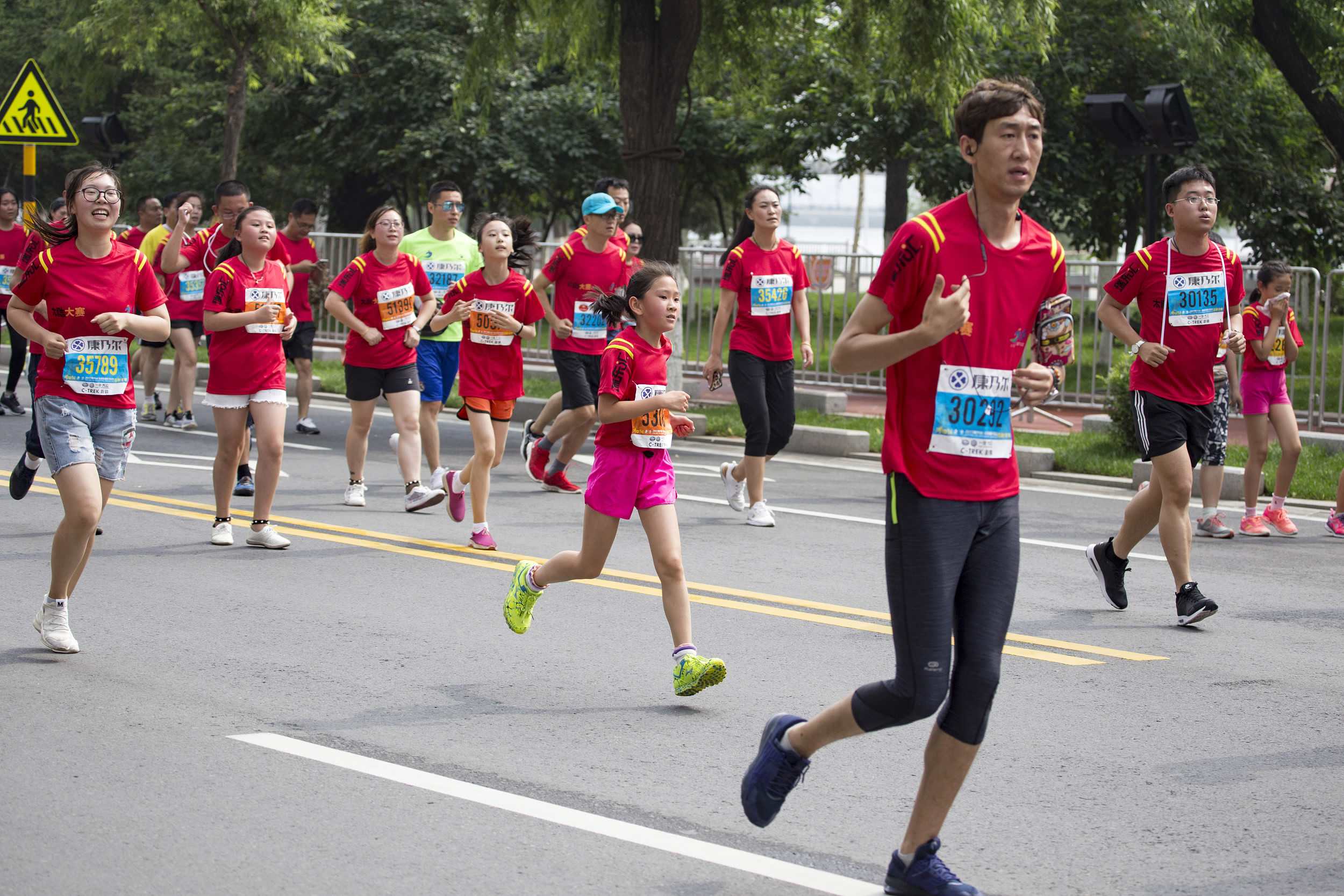
More people run marathons in China. Lord knows why. /VCG Photo
More people run marathons in China. Lord knows why. /VCG Photo
The popularity of running a marathon or half marathon has exploded recently in China with more and more young people ditching their smart phones for running shoes. Practically every city in China plays host to a full or half marathon event, and events also take place in Hong Kong, Macao and Taiwan. You can even run a full marathon along the Great Wall of China although whether you will really be visible from space is unlikely.
(With input from Cai Mengxiao, Sun Xiao, Chen Liu and Hu Shaocong)

SITEMAP
Copyright © 2018 CGTN. Beijing ICP prepared NO.16065310-3
Copyright © 2018 CGTN. Beijing ICP prepared NO.16065310-3